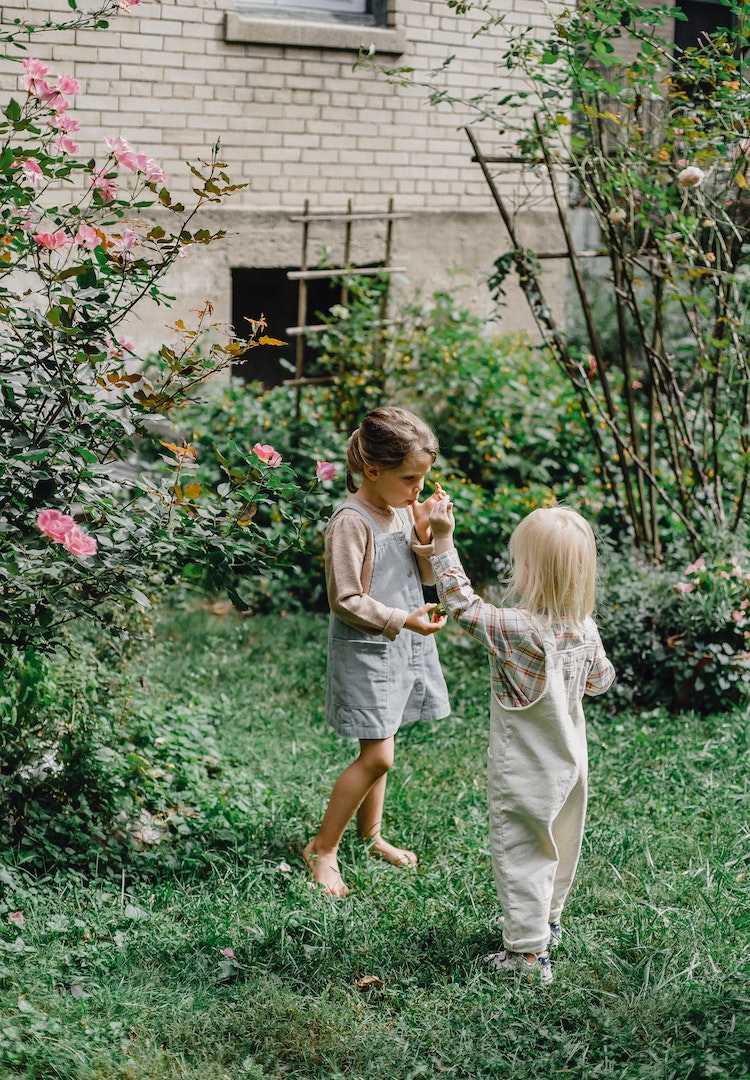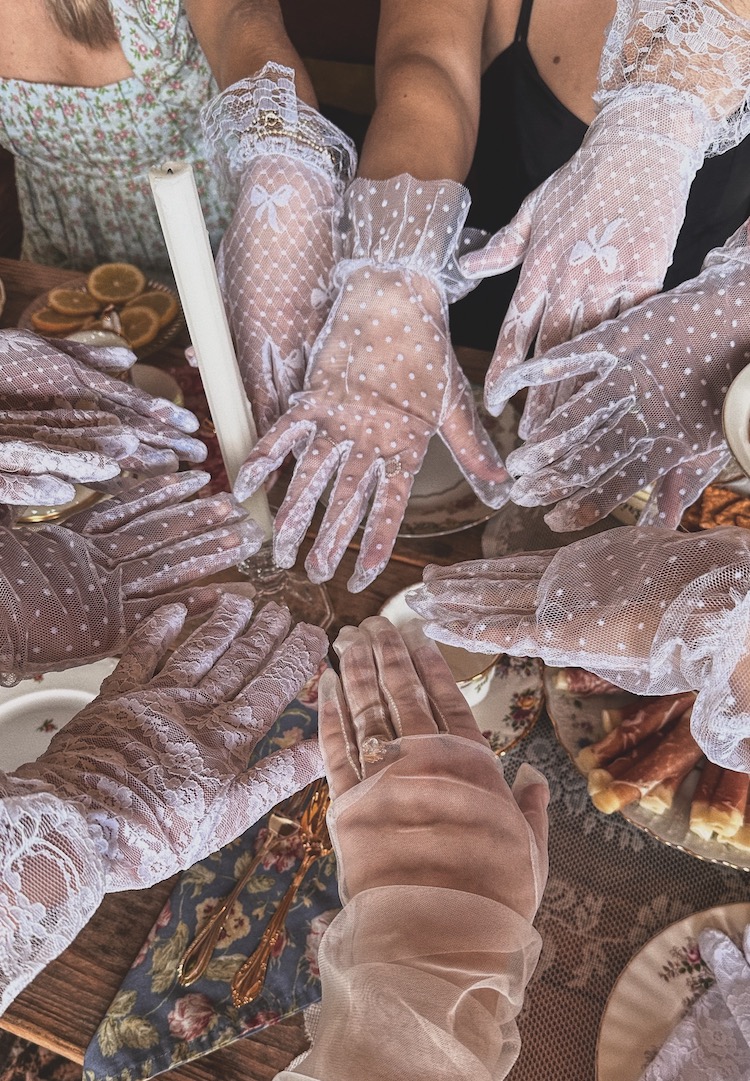What’s the deal with baby talk in romantic relationships?
WORDS BY NIKKI THORBURN
“We all have different sides or parts of ourselves and one of those is our vulnerable child part that needs to be held and nurtured and cared for… it makes sense that this part of us still responds to those things we really enjoyed as children.”
Maybe you’re someone who gets the ick when the words ‘baby talk’ come to mind. Perhaps you were scarred by that time you overheard your best friend speaking in those repulsive high pitched, cutesy baby voices with their partner when they thought nobody was listening.
For more relationship content, head on over to our Life section.
Or maybe you’re someone who smiles sheepishly and turns to your partner with that secret-knowing look. Whoever you are, baby talk is a thing that’s not going anywhere anytime soon, so let’s figure out what it’s all about.
What is baby talk?
Emma St John at Mind Matters Psychology says the term ‘baby talk’ can mean a lot of things. Traditionally, it involves a high-pitched, soft tone, spoken in a way that replicates how we were spoken to as young children. It can often include calling your intimate partner pet names such as baby or sweetie pie or darling.
As Justin Garcia of the Kinsey Institute emphasises, it’s “playful and unique to the couple, like a little secret language” and is very common in adult romantic relationships. Research even suggests that up to two-thirds of people in relationships engage in some kind of baby talk behaviour.
Why do we baby talk?
Emma explains that so much of our romantic relationships as adults mirror our relationships with our primary caregivers – so our mums and dads or other kinds of parental figures. Research has shown that parents that speak to their babies using ‘baby talk’ actually help facilitate language learning in children as they’re able to pick up what their parents are saying faster.
Emma also explains that it’s a way of showing care and affection because it’s a sweeter tone and babies enjoy and respond to that. So, if babies like it and if a lot of what we do in our adult relationships is mirroring what we liked as babies, then it makes sense that we would also do it in our adult relationships. It becomes a way of showing our intimate partners we care about them.
“We all have different sides or parts of ourselves and one of those is our vulnerable child part that needs to be held and nurtured and cared for – that part of us doesn’t go away when we grow up, so it makes sense that this part of us still responds to those things we really enjoyed as children,” Emma explains.
In the same way we watch movies or eat the food that brought us comfort as children, ‘baby talk’ can be similarly comforting. In short, ‘baby talk’ is not a regressive state (phew), there’s just a part of us that likes to be nurtured the same way we were nurtured as children.
Why does it elicit the ‘ick’?
It can be a very othering experience to witness people have an intimate bond through this kind of language. Sometimes you can’t even understand the language they’re using so it feels very foreign and unfamiliar. Emma stresses that we need to fight the ‘ick’ response we get when we see or hear something that is unfamiliar to us and instead embrace it.
Many people are generally hesitant to acknowledge the childlike parts of themselves, particularly men who identify with more traditional forms of masculinity. ‘Baby talk’ is a completely different way of talking compared to how they talk to their mates whereas women often engage in more open, nurturing and affectionate relationships with each other, so these conversations are oftentimes not so alien and unfamiliar.
Can it be unhealthy?
‘Baby talk’ should just be one of the ways that people in a relationship communicate openly and transparently with each other, Emma explains. If it’s the only way, it could be a sign that someone may have difficulties asserting themselves or communicating their needs and opinions.
She also points out that for those who didn’t receive much affection as children and have a complicated relationship with their caregivers, hearing that kind of tone and intonation may actually be upsetting or triggering. It could bring back painful childhood memories or bring up the needs that weren’t met in their childhood.
Ultimately, Emma tells me it’s all about checking in with your partner. She suggests using questions such as “Is this something that makes you feel closer to me? Do you feel more care and affection from me when we do this? Or is it something that makes you feel uncomfortable?”.
Just because your last partner liked to speak in ‘baby talk’ with you, doesn’t mean your current or future partner will. It’s all about open and honest communication and getting your partner’s consent to make it a part of your relationship language going forwards.
For more relationship quirks, head here.













